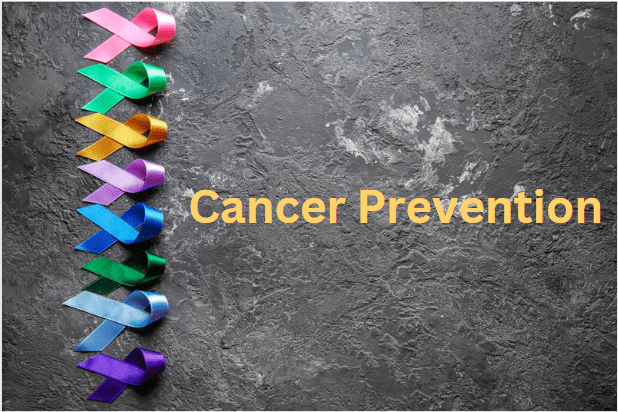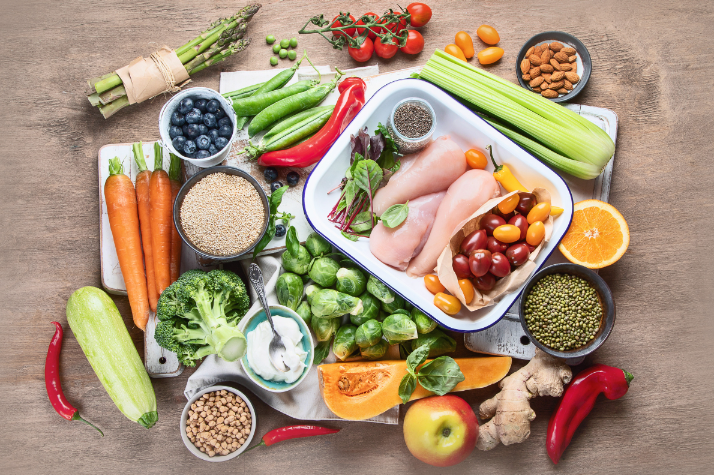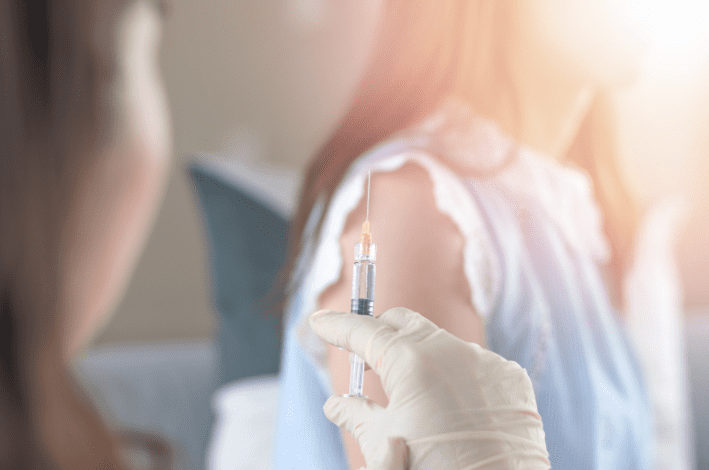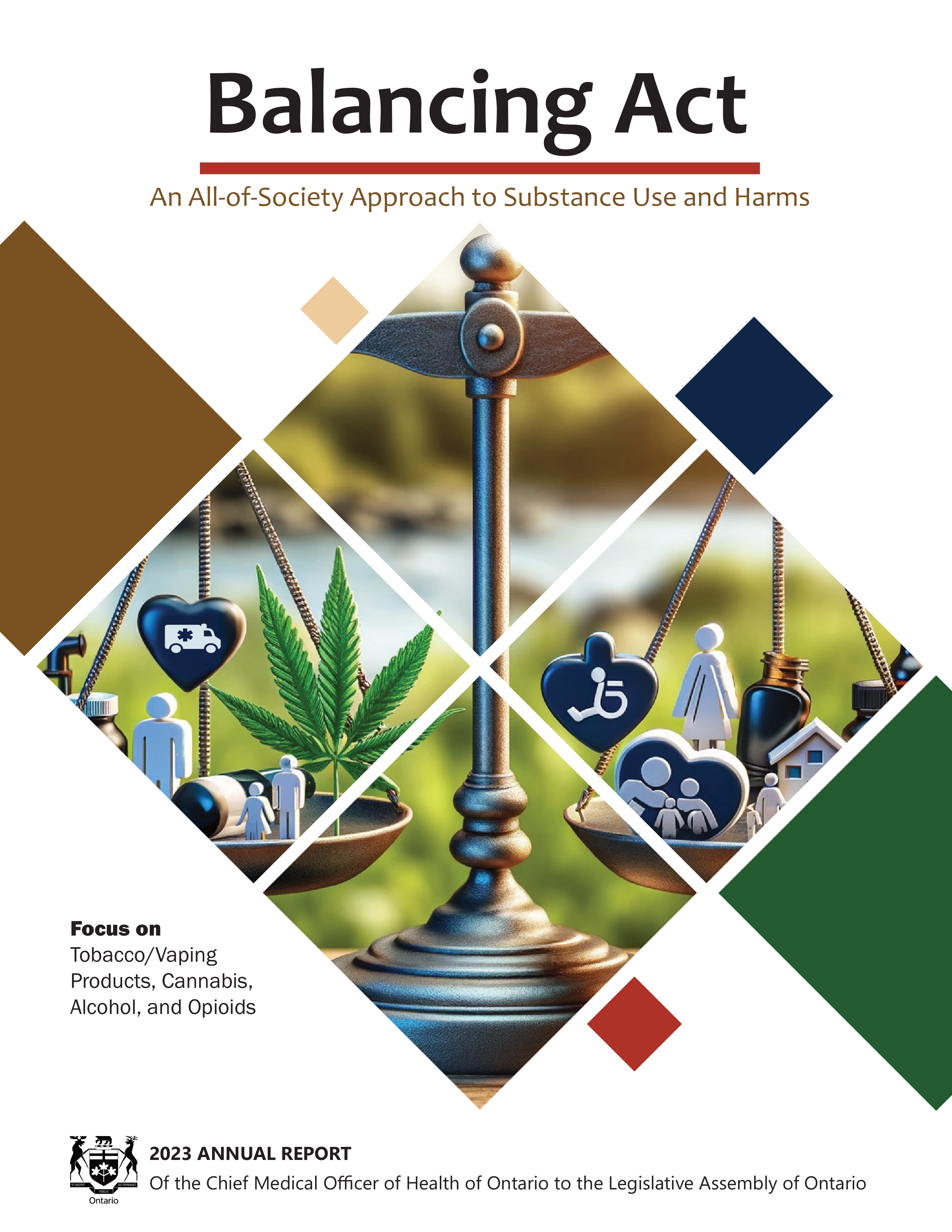
Cancer Prevention Resources and Support
1 in 2 people in Ontario will develop cancer in their lifetime. This information may scare you. The good news is that there are things you can do to live a healthy lifestyle and lower your risk of cancer. It is easier than you may think!
Take the My Cancer IQ quiz found at: https://mycanceriq.ca/ to understand your risk of developing cancer.
Alcohol
You may know that smoking causes cancer but did you know that alcohol does too? Alcohol can cause cancer of the mouth, esophagus, female breast, liver, colon, and rectum. Keep your risk as low as possible by having no more than 2 drinks of alcohol a week. The less alcohol you drink, the more you reduce your risk of cancer.
Dr. Fawaad Iqbal, a Radiation Oncologist who treats cancer at the Durham Regional Cancer Centre, says “I’ve never had a smoker ask me how they got lung cancer, but patients with colorectal or breast cancer are frequently surprised to hear that alcohol is a known carcinogen and may have caused their cancer.”
Watch as Dr. Iqbal talks to CBC News about the risk of drinking alcohol: CBC News
Click on the links below for more information about the risks of drinking alcohol and developing cancer:
Click on the images below to download
Smoking
Smoking is the #1 cause of preventable cancer in Ontario. Smokers are about 20 times more likely to develop lung cancer than non-smokers and are at a higher risk of developing at least 16 different types of cancer. The longer a person smokes and the more cigarettes they smoke each day, the more their risk increases. Studies have shown that many patients continue to smoke even after receiving a cancer diagnosis. However, smoking cessation should remain a priority, as tobacco use has been linked to poorer cancer outcomes and risk for secondary cancers. Smoking cessation is the fourth pillar of cancer care after surgery, radiation therapy, and chemotherapy.
Click on the links below for more information about the risks of smoking and smoking cessation supports:


Healthy Eating
Maintaining a healthy body weight, avoiding processed and red meats, and eating at least 5 servings of fruits and vegetables every day will help reduce your risk of cancer.
Eating at least 5 servings of fruits or vegetables a day can help lower your risk of developing cancer. Brightly coloured vegetables and fruits are high in phytonutrients. Eat a variety of red, green, yellow, white, purple, and orange vegetables and fruits which have been shown to lower your risk of cancer. Find out more from The Canadian Cancer Society.
Being overweight is a risk factor for many health conditions, including cancer. If you are overweight, talk to your healthcare provider about steps you can take to help. Losing even a little bit of weight when you are overweight can help lower some of your risks.
Avoid processed meats like hotdogs, ham, bacon, and sandwich meats. These processed meats have nitrites in them which help keep them fresher for longer but can lead to an increased risk of developing cancer if you eat too much of them. It is recommended that you eat less than 50 grams a day to reduce your risk.
Similarly, eating red meat (beef, pork, lamb, veal or goat) can also lead to an increased risk of cancer. It is recommend that you eat no more than 3 servings of red meat per week. A serving size is about the size of a deck of cards.
Go to the Canadian Cancer Society's website to learn more about the risks of cancer from processed or red meats: The Canadian Cancer Society.
Move more, sit less
Being active is more than just going to the gym or playing on a sports team. You need to move your body often throughout the day to help lower your risk of cancer.
Canadians spend 10 hours a day, on average, sitting! Consider your average day; you may sit while you commute to work, sit at your desk for 8-9 hours, commute home, sit for dinner with your family, drive to your kids’ evening activities, sit and watch, drive home, then sit down to relax and watch a show after your busy day of sitting. Even if you work out or exercise once a day, if you are sitting for the rest of the time you are still at an increased risk of cancer.
Sitting still for too long increases your risk of developing several types of cancers including colorectal cancer. You should get up and move at least once an hour. You can try:
- Setting reminders on your watch or smartphone to get up and stretch,
- Standing during meetings at work,
- Getting up and walking around your living room during the commercial breaks of your favorite tv shows,
- Or putting things you need frequently out of your reach so you need to walk over to use them.
Doing a physical activity, like walking, gardening, dancing, playing a sport, doing a free YouTube exercise video, or going to the gym is also important to lower your risk of cancer. You should do 30 minutes of physical activity a day. You can start with small changes like being active for 10 minutes and slowly increase over time. Every bit of physical activity helps lower your risks for many health issues.
Go to the Canadian Cancer Society's website for more information on how you can move more and sit less: Move more sit less | Canadian Cancer Society.




Exposures
Exposure to some viruses, chemicals, and the sun can increase your risk for several types of cancers.
The Human Papillomavirus (HPV) is the virus that causes cervical and some throat cancers. There is a vaccine available to help protect you from the types of this virus that can cause cancer. Ask your family doctor or nurse practitioner if this vaccine is right for you. Continue regular cervical cancer screening even if you received this vaccine. The vaccine does not protect you from the less common forms of the HPV virus. Neil’s Story: Talk to your health care provider about the HPV vaccine.
Hepatitis B is another virus that can cause cancer. It causes cancer of the liver. Ask your family doctor or nurse practitioner if this vaccine is right for you.
Chemicals found in air pollution, home building materials like asbestos, or in radon gases which may be in your home can cause cancer. Be aware of these things in your environment and take steps to protect yourself from them. To learn more about environmental risk factors for cancer. Go to the Canadian Cancer Society's website to learn how you can reduce your environmental risks.
Being exposed to the sun’s ultraviolet radiation too often or too long without protection can increase your risk of cancer. Protect yourself by staying in the shade when possible, wear a hat, sunglasses, and sunscreen with a sun-protection-factor (SPF) of 30 or more. Go to the Canadian Cancer Society's website to learn how you can reduce your risk of cancer.
Go to the Canadian Cancer Society's website to learn how you can reduce your risk of cancer: Reduce your risk | Canadian Cancer Society.






